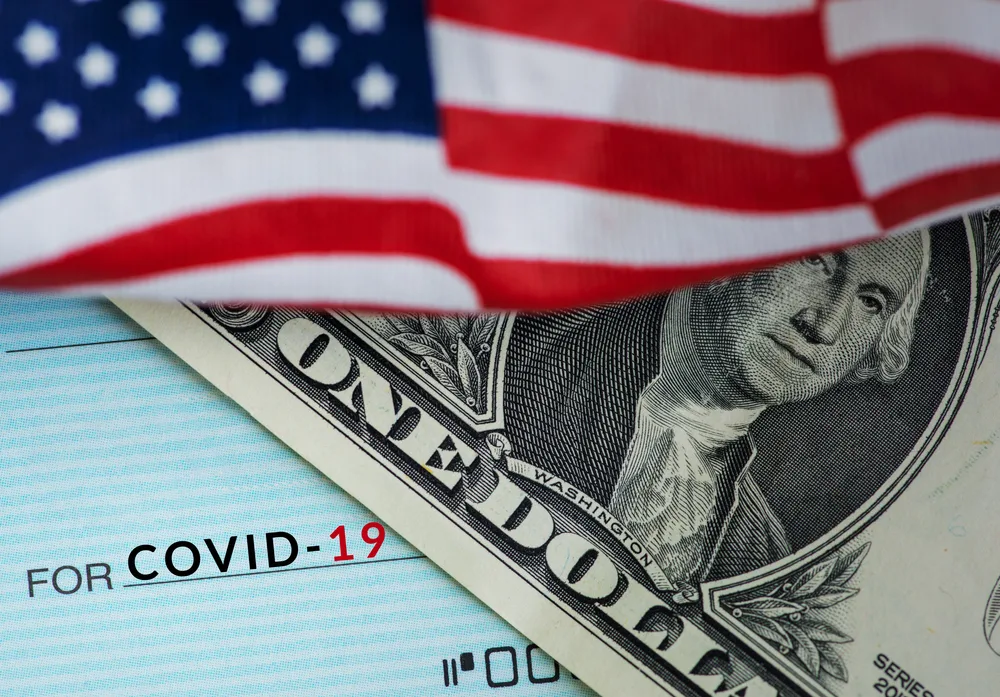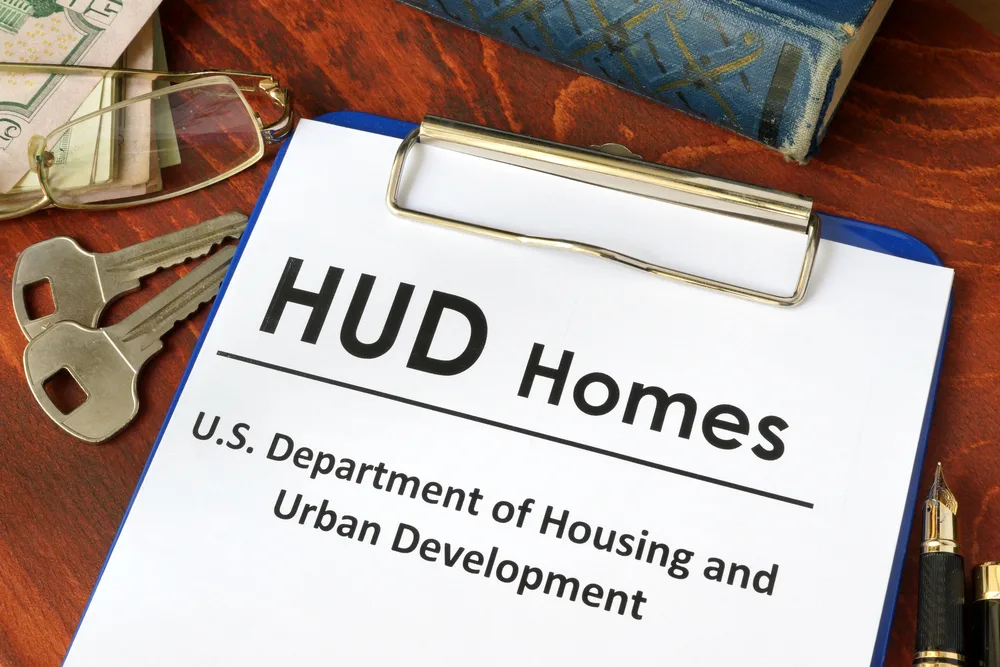
If you lose your job through no fault of your own and you meet your state’s qualifications, you may be eligible for unemployment benefits.
Your particular situation will depend on a lot of factors, such as:
- Your income.
- Your residency.
- Your previous work experience.
- Whether you are currently looking for a job.
The good news is that if you qualify for unemployment benefits in your state, you can use the money from the government to help pay for basics like food and rent.
To get started, you can contact the Social Security Administration (SSA) or your state’s unemployment office to see if you qualify for benefits.
You can also check the SSA’s website to see if there are any special programs available that may help with your expenses. Keep reading to learn more about how to get unemployment benefits if you’re out of work.
How to Apply for Unemployment Benefits
As soon as you lose your job, it’s worth it to look into unemployment benefits. The SSA determines if you’re currently capable of work and if you’re eligible for benefits. Depending on where you live, you can usually apply for Unemployment Insurance (UI) online, by mail or in person at a regional office.
If you complete the required forms for your state and return them, the state should let you know if you’re approved. First, you’ll need to submit a claim for unemployment benefits. Most states require you to submit a form called a “claim for benefits form” to the state unemployment office.
The claim form generally includes information about your income, expenses, and an estimate of your monthly work requirement. Once your claim is approved, you should receive a check for the full amount of your benefits, which varies by state.
How to Get Unemployment Benefits
Once you’re approved for benefits, you should receive a check for your benefits based on your work history, income, and other factors. There are different rules for people living in different states.
You may also be eligible for certain lump-sum cash payments if you lose your job through no fault of your own. These payments are usually only available to people who are 50 or older and have worked for at least 15 years.
Tell the IRS You’re Unemployed
If you’re unemployed for at least six months, the IRS requires you to let them know. You can send them a letter, an email, or fill out this quick form.
You have to mail or deliver the form to the proper address listed on it. If you don’t know where to send it, you can find the address and more information on the IRS website. The IRS will respond within 30 days. You can also call them and wait on hold until they pick up.
After that, tell the representative that you want to file a tax return and that you’re unemployed. If you don’t owe any taxes yet, they’ll help you file.
How long can I receive benefits?
Typically, when you lose your job, you can receive benefits only for a short period of time. That’s because the program is only meant to help you replace some of your income while you look for a new job.
Currently, most states set the timeline for anywhere between 12 and 21 weeks of benefits when you initially apply.
Keep in mind that the maximum benefit amount ranges between $235 – $1,015 per week, depending on where you live.
However, if you qualify for other government benefits, such as the earned income tax credit or child tax credit, you may be able to receive a larger benefit. If your situation is such that you’re eligible for more than one benefit, you may be able to choose which one you’d like to receive first.
Saving for Emergencies: Define Your Needs and Save Over
Unemployment benefits aren’t meant to cover your entire income. Thus, it’s important to plan ahead and try to save some money for emergencies.
Consider your monthly bills, like your mortgage or rent payments, credit cards, car payments, and insurance. Then, add in other monthly debits, such as food, clothing, and entertainment.
Once you have a better idea of how much money you need to survive, determine how you’ll save and then begin saving.
If you have no money left over at the end of the month, congratulations! You’ve got a job and a plan for surviving without a paycheck!
Should You Apply for Unemployment Benefits?
If you lose your job, unemployment benefits can help you stay afloat while you look for another one. Once you’ve applied for your state’s program, the SSA determines if you’re eligible for benefits and then send you a check for the amount you qualify for.



